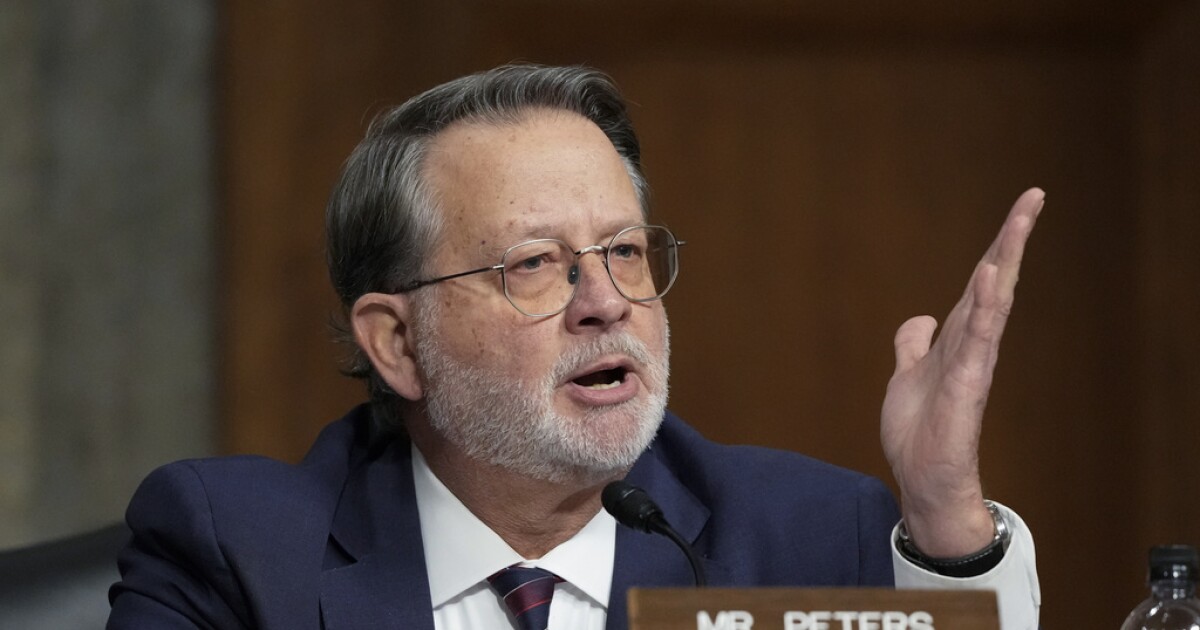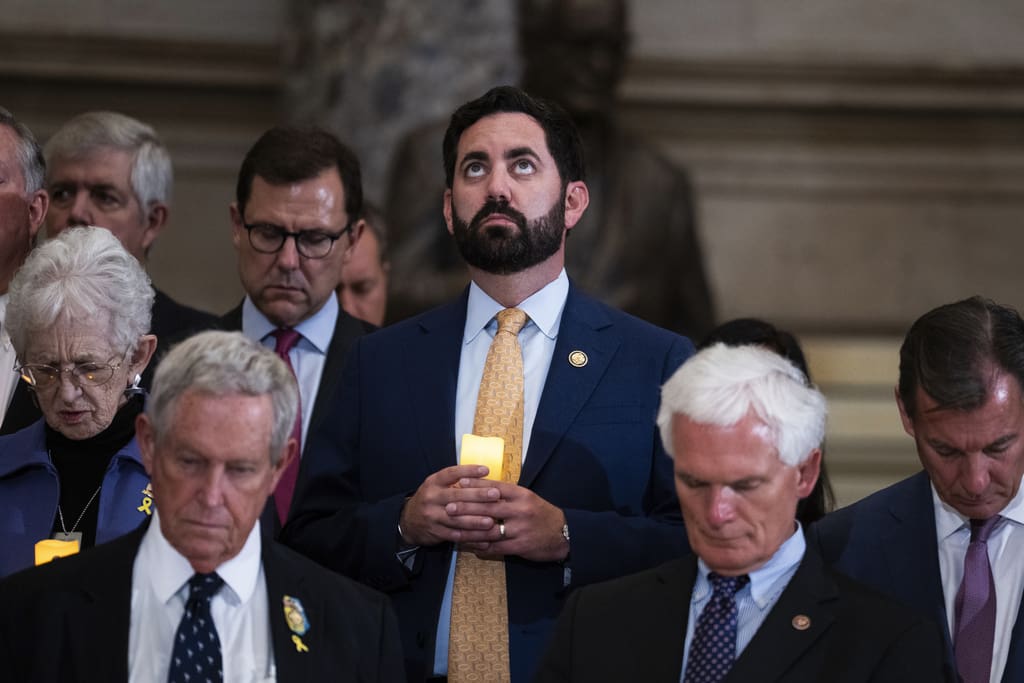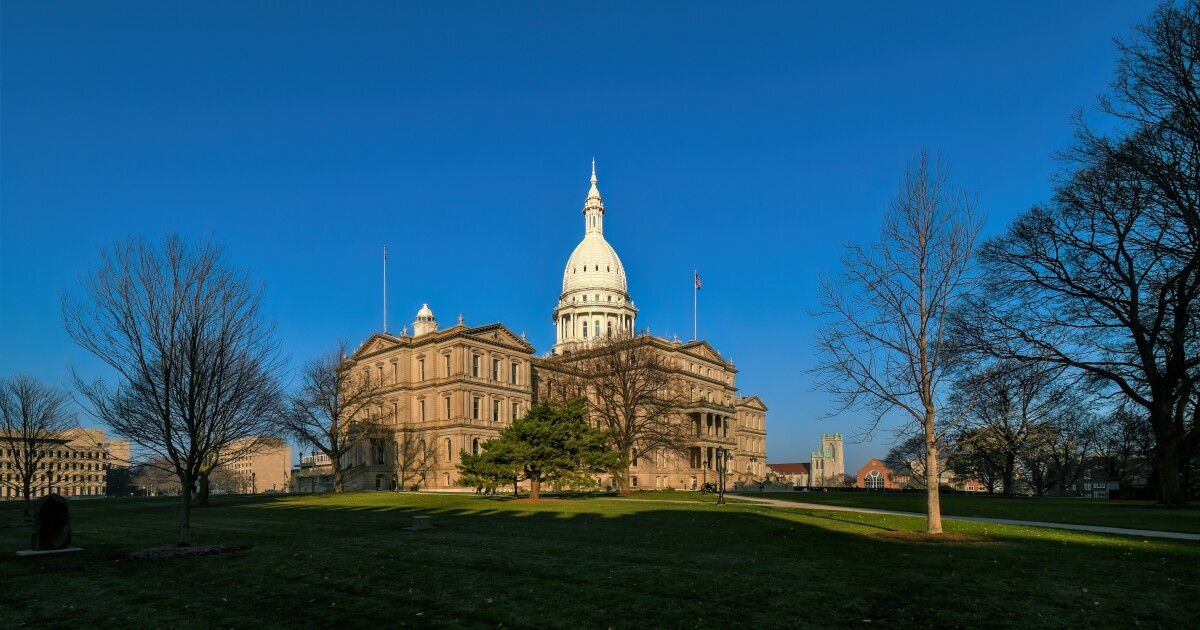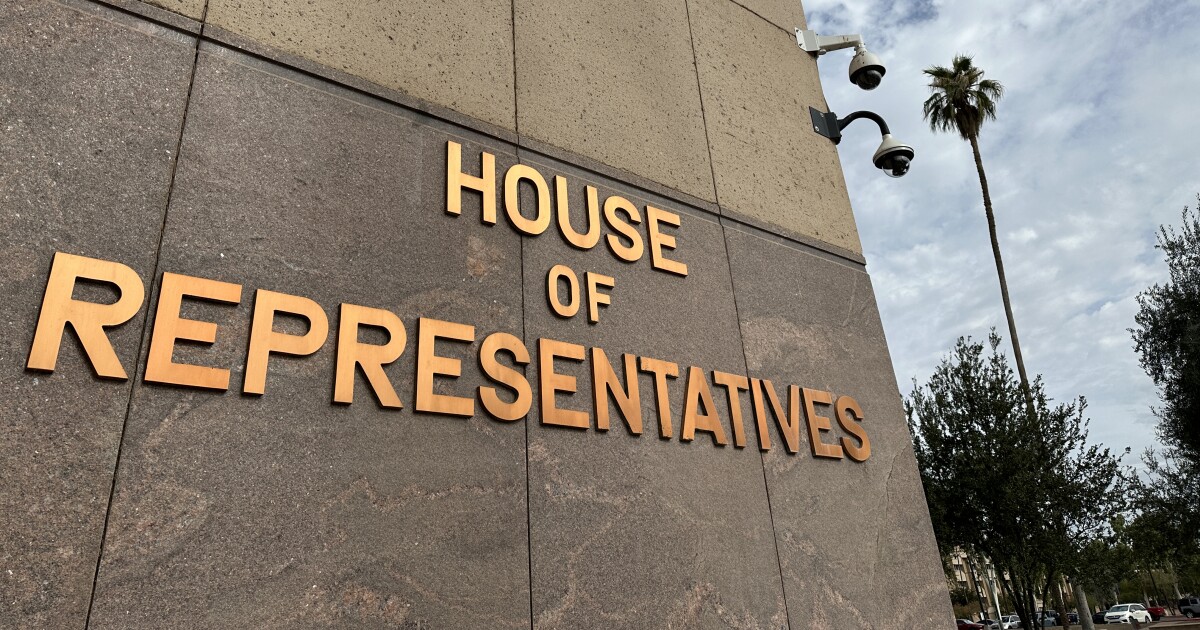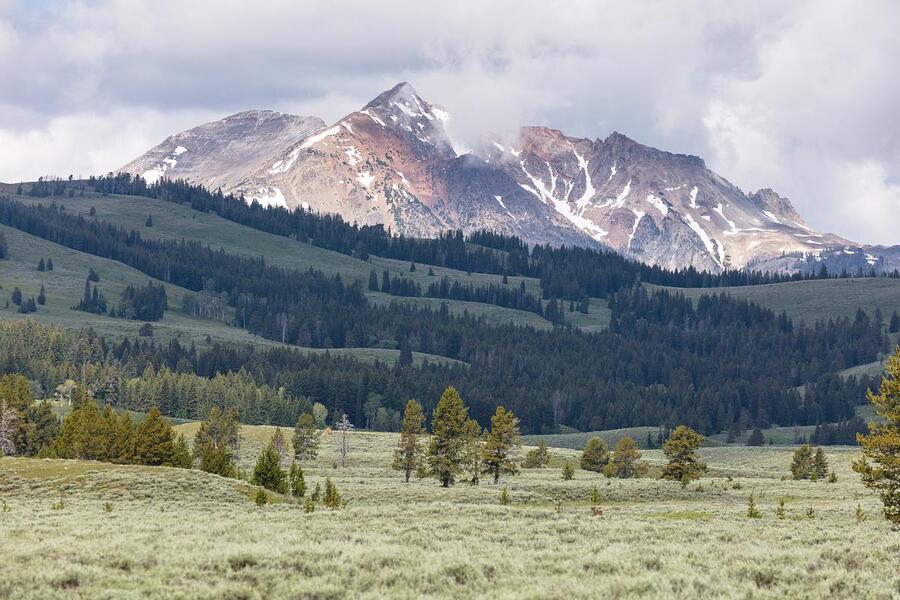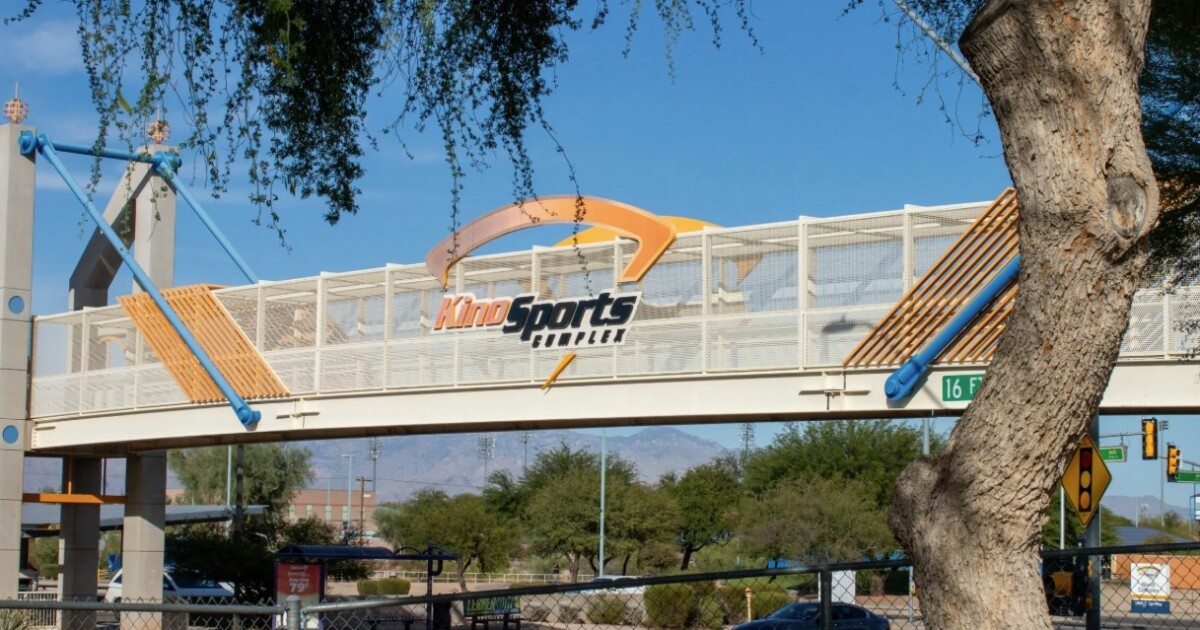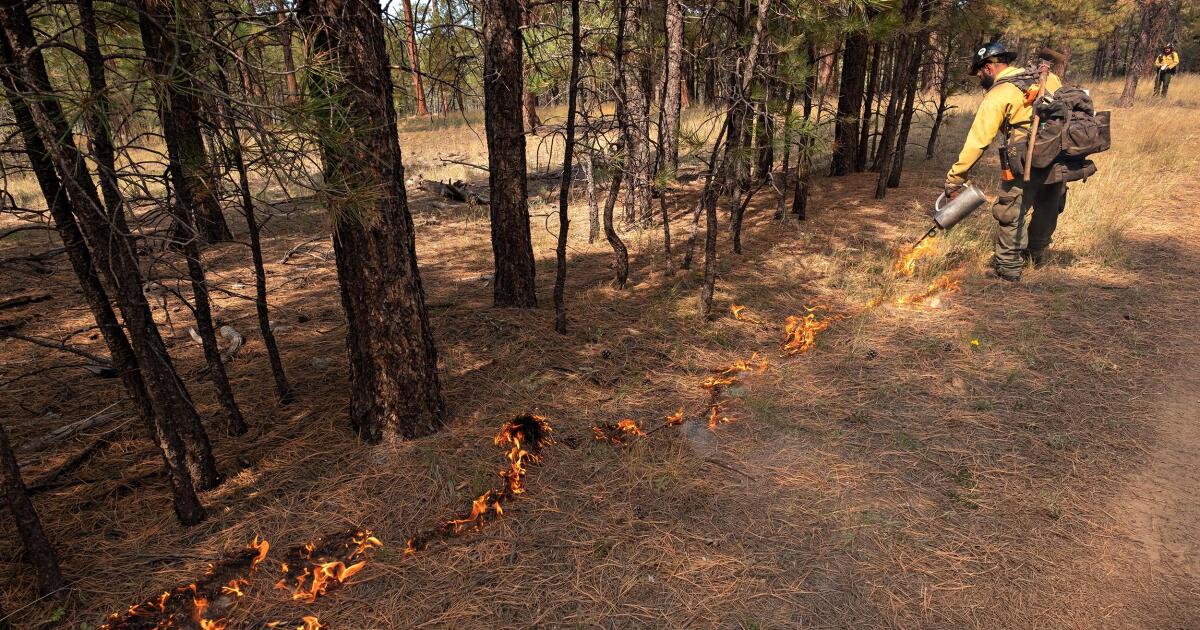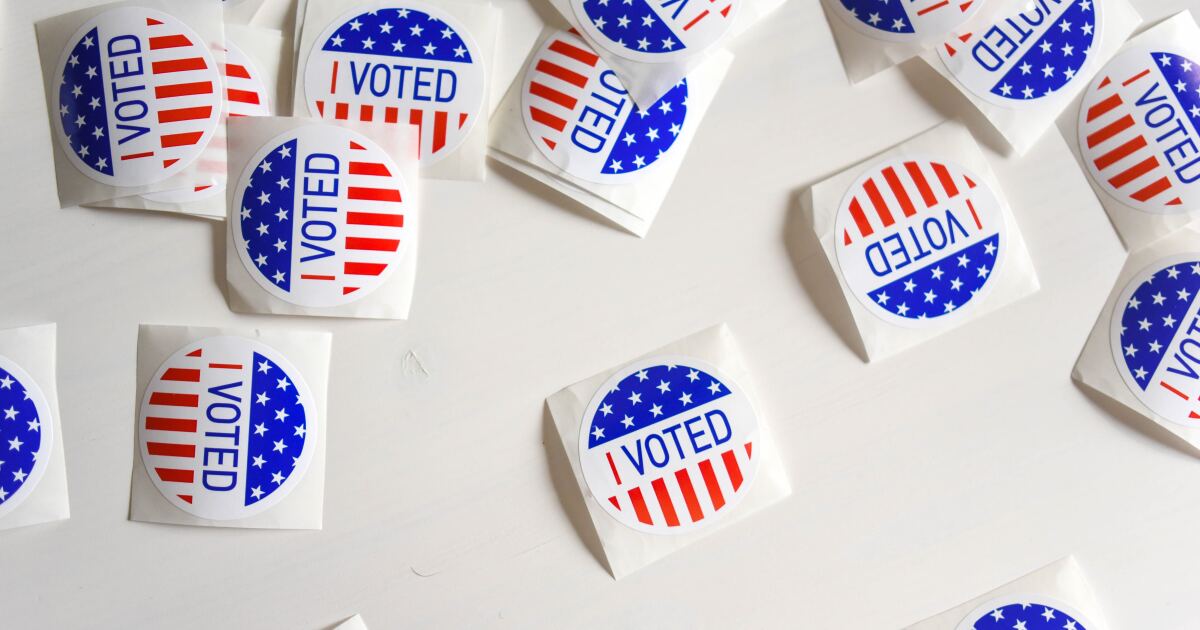Tribal health leaders voiced concerns over Montana’s early move toward Medicaid work requirements and premiums during a public consultation on Tuesday. This effort by the state’s health department is happening months before the timeline set by a Republican-backed bill signed by President Donald Trump. Despite exemptions for Native Americans, tribal governments and Urban Indian Organizations warned about potential bureaucratic challenges. They emphasized the risk of administrative hurdles trapping tribal members and urged a more cautious approach from the state health department.
“It seems like we’re being a little premature with this anyways,” said Joel Rosette, CEO of the Rocky Boy Health Center. “We’re a year ahead and there seems to be more questions than answers.”
Montana Medicaid Director Rebecca de Camara assured tribal representatives that their feedback is essential, despite the absence of complete details. De Camara acknowledged ongoing efforts to resolve issues surrounding work requirements and exemptions.
In July, Gov. Greg Gianforte’s administration announced plans to amend the Medicaid plan to include community engagement requirements, such as paid work, community service, or educational programs, along with premiums for some enrollees. The proposal aligns with Montana’s 2019 law that introduced work requirements to the Medicaid expansion program and complements H.R. 1, the federal budget bill. The state’s draft proposal foresees a 17.5% coverage loss due to work requirements and an additional 1.5-2.5% disenrollment through premiums. Without approval, projections suggest 22,500 more enrollees by 2027.
Native Americans represent a significant portion of Medicaid enrollees in Montana, benefiting greatly from the state’s Medicaid expansion program. The uninsured rate for Native Americans aged 19-64 has dropped significantly, with Medicaid becoming a financial cornerstone for many tribal health programs.
Tribal leaders repeatedly sought clarity on Native American exemptions, but state health officials offered little guidance. While a checkbox currently verifies Native American status, it remains unclear if this will persist. Rosette criticized the “cumbersome” application process, warning it could lead to loss of coverage and urged for simplification despite potential conflicts with federal guidelines under H.R. 1.
Leaders also questioned the handling of short-term exemptions for domestic violence or homelessness cases. Rosette asked, “How is the state going to work with folks to ensure these exemptions get to the right people at the right time?” Counts acknowledged existing models for exemptions, though details remain undeveloped.
Amid plans for the new system, Rosette advised a cautious approach, noting potential burdens on individuals and tribal health organizations. Many echoed frustrations encountered during the Medicaid redetermination process, where long phone waits and procedural errors led to unnecessary disenrollments.
Helena Indian Alliance Executive Director Todd Wilson highlighted past challenges as reasons for unease about future requirements. Counts assured that lessons were learned from previous reviews, although the state’s preparation for upcoming workloads remains unspecified.
Tribal leaders suggested collaboration with the state to simplify processes and avoid miscommunications experienced in 2023. Terra Branson-Thomas noted tribal health departments could assist in identifying exemption-eligible individuals, easing administrative processes for both patients and the state.
Two additional meetings are scheduled for public comment on the waiver proposal. An in-person and virtual meeting will occur in Helena on July 31, and a virtual-only meeting on August 1. Details and participation links are available on the DPHHS website.
—
Read More Montana News


